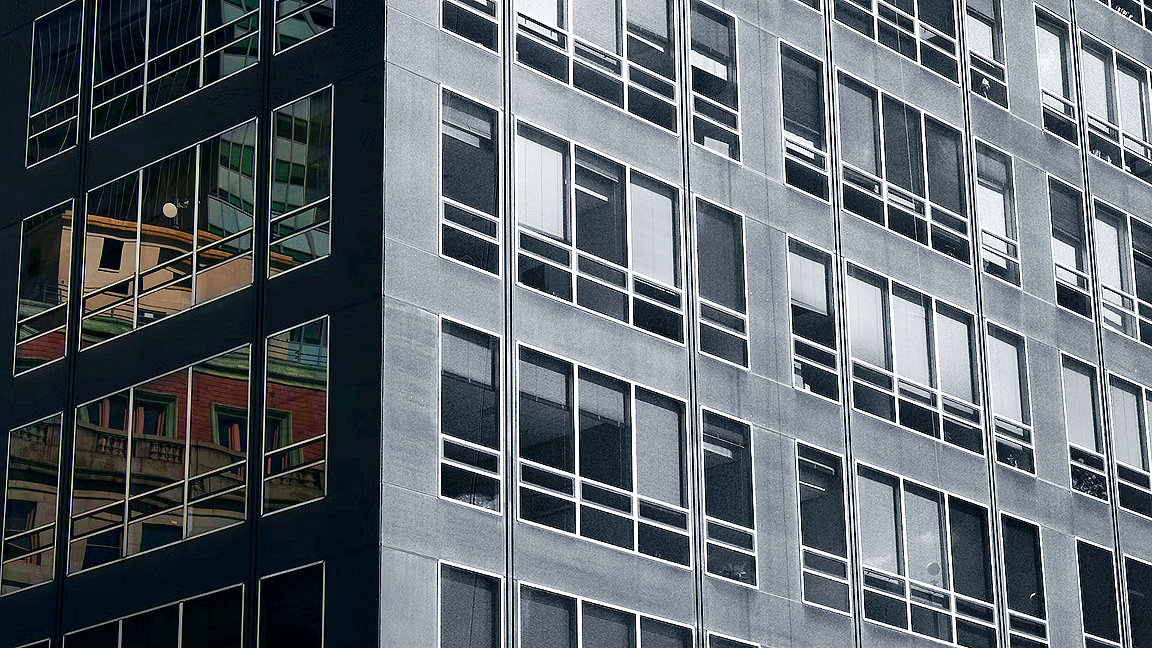
The last RICS Global Commercial Property Monitor in July suggested that the sector was at the start of a downturn; the latest report confirms that with three out of four world regions returning substantially weaker findings.
Globally, 59% of respondents believe that their country has entered a downturn compared to 48% in Q2, with the figure rising to 75% in Europe. Only the Middle East and Africa (MEA) region has a positive outlook with 62% of respondents believing that their countries are on an upturn or at the peak of the commercial property cycle, compared to 53% in Q2.
First let’s consider confidence in MEA which is largely determined by Saudi Arabia, UAE and Nigeria (all three have about 75% of respondents giving upbeat reports). This may be in part a result of these countries being large exporters of oil at a time when Europe has boycotted Russian supplies upon which many of its countries have been dependent. Saudi Arabia is also moving towards its 2030 Vision which is intended to diversify its economy in order to become less reliant on its oil wealth and is opening up new opportunities within the kingdom.
Start ups
Elsewhere, the reasons for the prevailing gloom can still be blamed to some extent on COVID and its consequences: there is an over-supply of office space in many regions as staff continue to work from home for at least part of their week and companies make savings on the space they require. In the US, demand is calculated at less than half of 2018 and 2019 levels: the big business cities of New York, Boston, Chicago and Los Angeles have been hardest hit with 1.34million sq ft of space that has been marketed but remains unoccupied.
“In the office sector, in particular, the working from home shift is still having an effect,” says Tarrant Parson, Senior Economist at RICS. “Companies are still deciding on their longer-term strategies. The downturn in economies is not helping demand either.”
Only 20% of respondents do not expect scaling back of office space in the next year with the rest foreseeing an average 10% reduction in office footprints. In the UK, for example, projections for prime office space have fallen from a positive net balance of +15% in Q2 to -21% in Q3, an alarming 36-point fall (in net balance terms).
Perhaps unsurprisingly, more than 60% of respondents in many of the economically-advanced countries have noted office space being repurposed; in the UK, US, Italy, Netherlands, South Africa and Romania, the figure rises to above 80%.
Predictably, as many countries embrace online shopping and the offerings from shopping centres becomes less attractive, the retail sector is also facing negative sentiment – the RICS respondents in the UK report that sentiment is at -37%.
“The retail sector has been through a very challenging period with the acceleration towards online shopping,” says Parsons. “It did seem to be recovering slightly but the pressure on household income from energy prices is creating difficulty again.”
The sentiment around industrial space remains largely positive although demand is softening. This is partly due to poor figures from China where demand is down according to a net balance of -45% of respondents, a combination of the long-lasting strict COVID-19 lockdowns that have dogged parts of the country and weaker exports than predicted as other regions grapple with cost of living crises.
“Companies are still deciding on their longer-term strategies. The downturn in economies is not helping demand either" Tarrant Parson, Senior Economist at RICS
Credit availability
Many regions are experiencing post-pandemic inflation spikes which are also causing a lack of confidence about companies’ ability to expand. Deteriorating credit conditions are a large factor driving the poor investor and occupier sentiment reported this quarter – after a brief post-COVID-19 rally, the outlook for credit conditions is reported as markedly worse than during the pandemic and the most downbeat that it has been since 2014 when data for this part of the sector was first collected. Europe especially is experiencing negative sentiment while it suffers rising energy prices and other inflationary pressures across the continent.
“Last week both the Bank of England and the US Federal Reserve raised their rates by a chunky 0.75%. I don’t think we are at the peak of interest rate movement yet,” says Parsons. “Credit conditions are likely to tighten further from here and that could mean more investors turn away from the commercial property sector.”
Read the full Global Construction Monitor and UK Construction and Infrastructure Monitor for Q3 2022.


_7%20Dec.jpg)